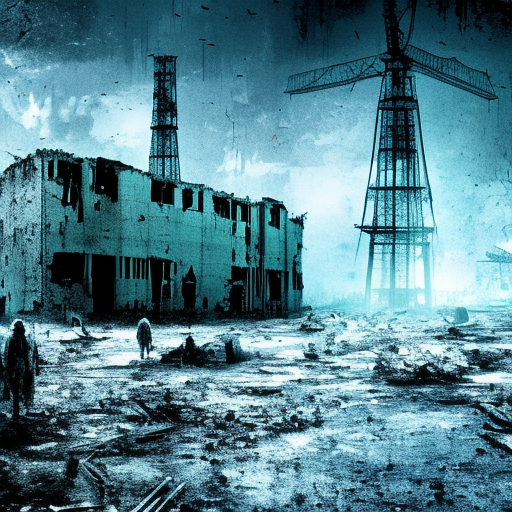One-line Summary:
Voices from Chernobyl: The Oral History of a Nuclear Disaster is a poignant collection of personal accounts that shed light on the devastating consequences of the Chernobyl nuclear accident.
Introduction:
Voices from Chernobyl: The Oral History of a Nuclear Disaster, written by Svetlana Alexievich, is a powerful and haunting book that brings together the voices of those directly affected by the catastrophic Chernobyl nuclear accident. Through a series of interviews and personal testimonies, Alexievich provides a unique and deeply human perspective on one of the worst nuclear disasters in history.
The Human Cost:
The book delves into the lives of the people who lived and worked in the vicinity of the Chernobyl power plant, capturing the immediate aftermath of the explosion and the long-term effects on both individuals and communities. The interviews reveal the immense suffering and loss experienced by those exposed to high levels of radiation. From firefighters who bravely battled the initial blaze to the liquidators who risked their lives to contain the disaster, the stories highlight the heroism and sacrifice of those on the front lines.
The Invisible Enemy:
Alexievich explores the insidious nature of radiation, which cannot be seen or felt but leaves a lasting impact on both the physical and psychological well-being of its victims. The survivors recount their struggles with various health issues, including cancer, birth defects, and other debilitating conditions. Their stories paint a grim picture of the long-term consequences of exposure to radiation, as well as the government’s initial denial and subsequent cover-up of the true extent of the disaster.
Environmental Devastation:
In addition to the human toll, Voices from Chernobyl also sheds light on the environmental devastation caused by the accident. The contaminated land, water, and wildlife have had far-reaching effects on the region, rendering vast areas uninhabitable for generations to come. The book explores the impact on agriculture and the displacement of entire communities, as well as the ongoing struggle to contain and manage the radioactive waste.
Key Takeaways:
- The Chernobyl nuclear accident had devastating consequences for the people living in the vicinity, resulting in loss of life, health issues, and displacement.
- The government’s initial denial and subsequent cover-up of the true extent of the disaster exacerbated the suffering of the affected individuals and communities.
- The long-term effects of radiation exposure are both physical and psychological, with survivors facing increased risks of cancer and other debilitating conditions.
- The environmental impact of the Chernobyl disaster is vast, with contaminated land and water posing ongoing challenges for the region.
- The personal testimonies in Voices from Chernobyl provide a human perspective on the tragedy, highlighting the resilience, courage, and strength of those affected.
Memorable Quote:
“We didn’t have time to be afraid. We were like firefighters, we were saving the world.”
Voices from Chernobyl: The Oral History of a Nuclear Disaster is a poignant reminder of the devastating consequences of the Chernobyl accident. Through the personal accounts of survivors, the book brings to light the human cost, the invisible enemy of radiation, and the environmental devastation caused by the disaster. It serves as a stark reminder of the importance of nuclear safety and the need for transparency in the face of such catastrophic events.












